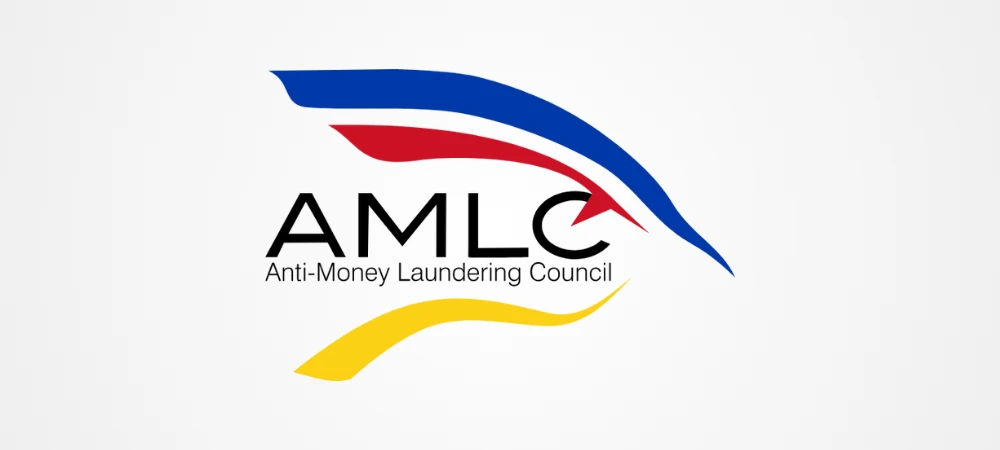The Philippines’ Anti-Money Laundering Council (AMLC) has observed a noticeable decline in money laundering activities since it announced a ban on Philippine Offshore Gaming Operators (POGOs).
President Ferdinand Marcos Jr. introduced the ban to address growing concerns about the sector’s vulnerability to illicit activities.
In an official statement reported by Business World, the AMLC highlighted that the POGO sector carries a high risk. They described it as “highly vulnerable” to money laundering because of its internet-based operations.
Back in March 2020, the council conducted a thorough risk assessment. This assessment identified the vulnerabilities within the POGO sector. It concluded that a comprehensive ban could effectively mitigate these risks. Since then, the council has expressed optimism that the ban would significantly reduce money laundering within the gaming industry.
Between 2018 and 2023, the Philippines ranked among the top five Southeast Asian countries experiencing a significant rise in money laundering activities. Moody’s data shows that money laundering incidents increased by 45 percent from 2022 to 2023 alone.
The AMLC’s recent enforcement of the POGO ban represents a critical step forward in addressing this alarming trend.
Although the POGO ban will likely reduce money laundering risks, the AMLC clarified that other concerns remain. The Financial Action Task Force (FATF) has highlighted risks unrelated to POGOs. Instead, these concerns focus on junket operations within casinos.
Junkets often involve high rollers traveling to casinos for gambling. They have become another identified avenue for money laundering.
For three consecutive years, the FATF has kept the Philippines on its “grey list” of jurisdictions under increased monitoring for money laundering risks. The FATF acknowledged that the country has addressed 15 out of its 18 recommended action items. However, one critical remaining item requires the Philippines to prove that its anti-money laundering and counter-financing of terrorism (AML/CFT) controls effectively reduce risks within casino junket operations.
To further fight money laundering, the AMLC emphasized the urgent need to implement stringent AML/CFT controls in the gaming sector. These measures include fit and proper tests on junket operators, enhanced customer due diligence, and regular transaction monitoring related to junket activities.
Additionally, the council urged gaming regulators to strengthen compliance and enforcement efforts. They want to ensure that the industry upholds robust anti-money laundering practices.
Ultimately, the POGO ban will help the Philippines gradually move off the FATF grey list. This will improve its international standing and safeguard its financial system.












